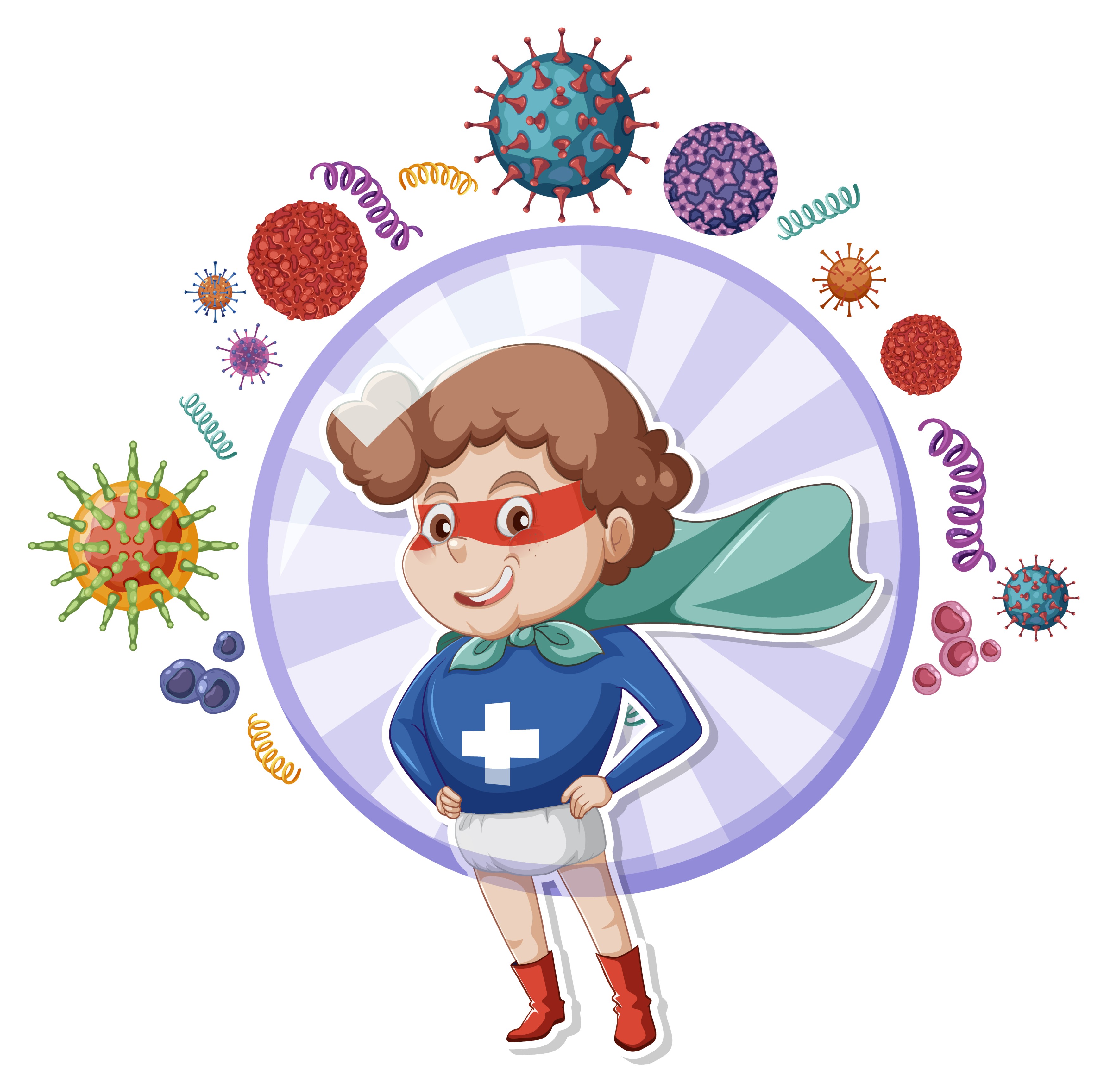
Adenovirus in Children: Risks and Considerations
Title: Adenovirus in Children: Risks and Tips for Parents
As a parent, keeping your child healthy is a top priority. But what do you need to know about adenovirus and its impact on children? Let’s explore in simple terms.
Adenovirus is a common cause of respiratory infections in children. While most cases are mild and resolve on their own, adenovirus can sometimes lead to more severe complications, especially in young children and those with weakened immune systems.
So, what are the risks associated with adenovirus in children?
- Respiratory Illness: Adenovirus often causes symptoms similar to the common cold, including fever, cough, sore throat, runny nose, and congestion. In some cases, it can progress to more severe respiratory illnesses like bronchitis or pneumonia.
- Conjunctivitis (Pink Eye): Adenovirus can also cause inflammation of the conjunctiva, the thin membrane that covers the white part of the eye and lines the inner surface of the eyelids. Symptoms may include redness, itching, and discharge from the eyes.
- Gastrointestinal Symptoms: In addition to respiratory symptoms, adenovirus infection can sometimes lead to gastrointestinal symptoms such as diarrhea, vomiting, and abdominal pain.
While most children with adenovirus infection will recover without complications, it’s essential for parents to be aware of the signs of more severe illness and seek medical attention if necessary. Watch out for symptoms like difficulty breathing, persistent fever, dehydration, or lethargy.
So, what can parents do to protect their children from adenovirus?
- Practice Good Hygiene: Encourage frequent handwashing with soap and water, especially before eating and after using the bathroom. Teach children to cover their mouth and nose with a tissue or their elbow when coughing or sneezing.
- Avoid Close Contact with Sick Individuals: If someone in the household is sick with adenovirus or other respiratory infections, try to limit close contact with them to prevent the spread of the virus to other family members.
- Keep Surfaces Clean: Regularly disinfect commonly touched surfaces like doorknobs, countertops, and toys to reduce the risk of adenovirus transmission.
By staying informed and taking proactive measures to prevent adenovirus infection, parents can help keep their children healthy and happy.
To seek medical advice, always consult a Doctor. Here are our recommended experts. Click here
To read more on Respiratory disease . Click Here


